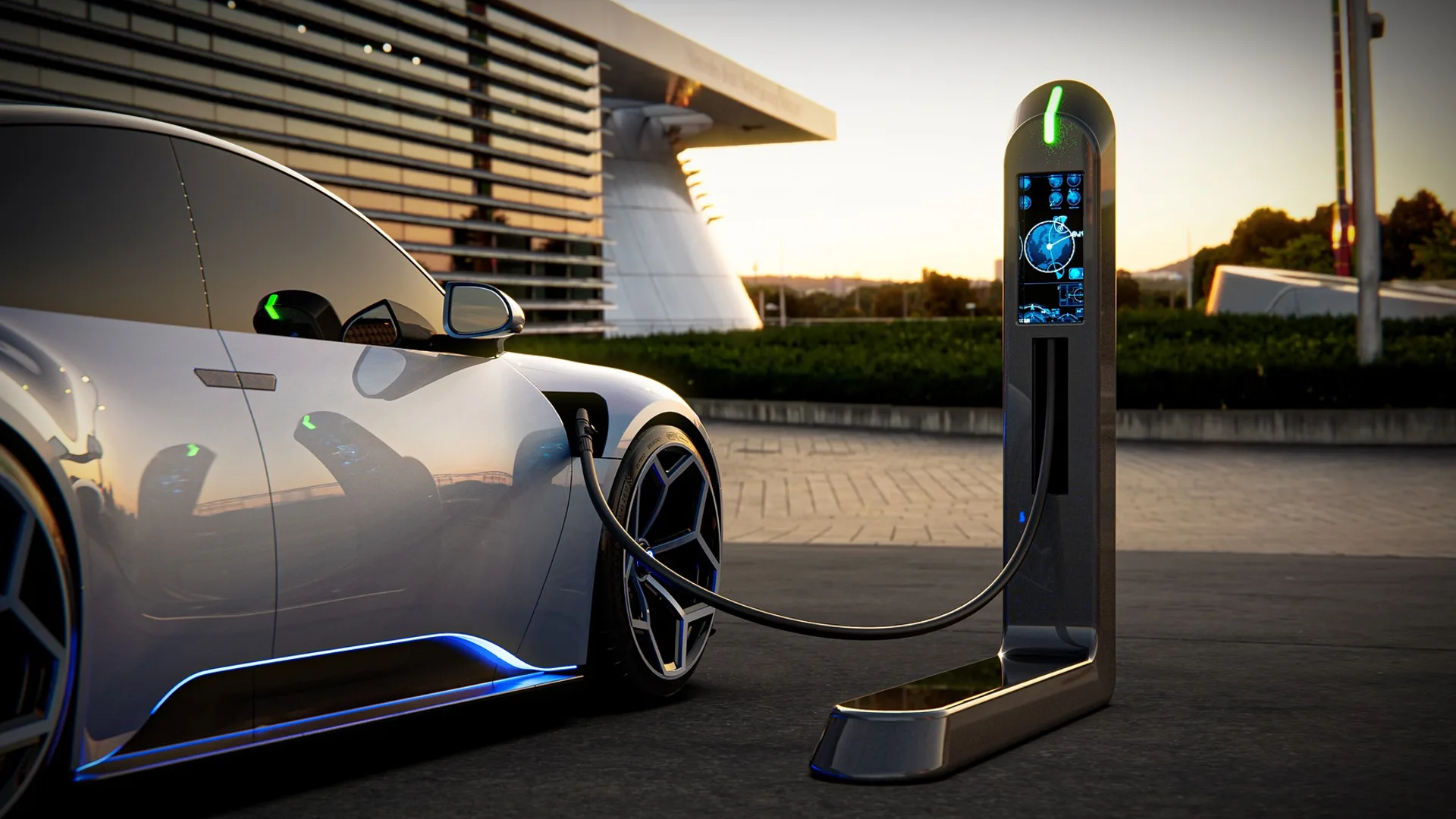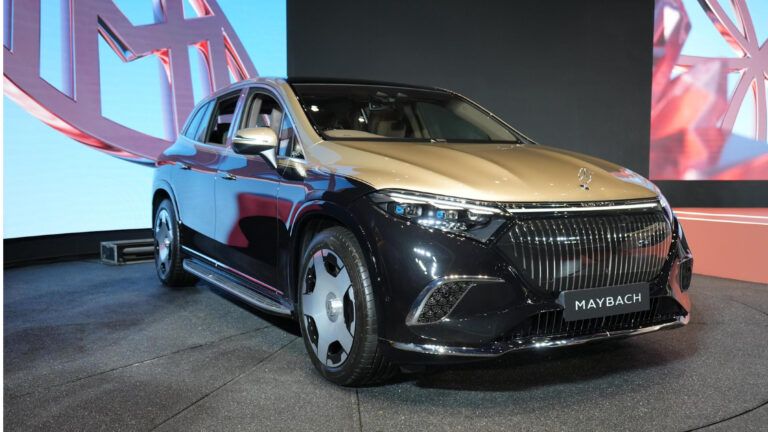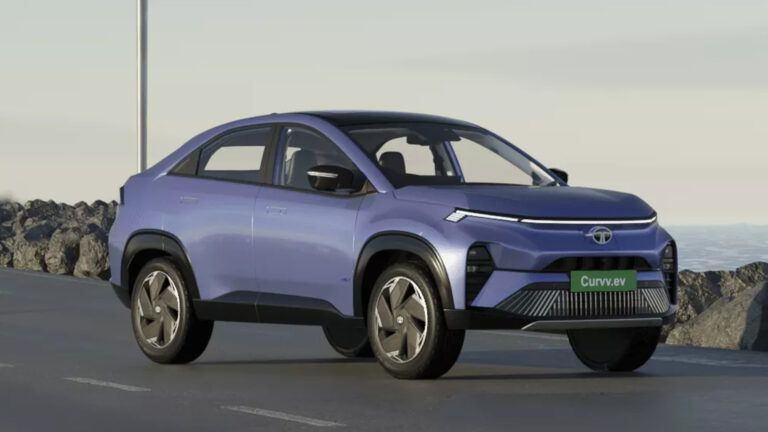Biden Administration on Wednesday rolled out one of the significant regulations for auto tailpipe pollution. President Biden’s new climate regulation will encourage automakers to adopt electric vehicles.
Additionally, it intends to reduce carbon emissions from gasoline-powered vehicles, which account for roughly one-fifth of the country’s impact on global warming.
What is the Biden Administration Aiming for?
The new regulations will impose obligations on automakers to reduce various pollutants emitted by vehicles. However, the implementation of these rules will start gradually, beginning from the 2027 car model year.
According to the US Environmental Protection Agency (EPA), between 2030 and 2032, 35% to 56% of new cars will be electric. However, last year, the EPA predicted that by 2030, electric vehicles (EVs) would represent 60 per cent of new car sales, rising to 67 per cent by 2032.
Under the Environmental Protection Agency’s “technology neutral” regulatory model, automakers get more flexibility to comply with emissions standards using gas-electric hybrids. Moreover, the agency promoted “advanced gasoline” technologies for fuel efficiency, including turbocharging and stop-start ignition systems.
Toyota, prioritizing hybrids and plug-in hybrids over EVs, could greatly benefit from the EPA’s new regulation. The Japanese automaker is one of the companies that opposed the Biden administration’s initial proposal.
President Biden’s 2021 executive order outlined a goal for half of all vehicle sales in the country to be zero-emissions by 2030. However, EVs accounted for nearly 8 per cent of new car sales in the US in 2023, as per EPA.
How will new regulations impact the environment? The objective is to reduce carbon dioxide emissions by 7.2 billion tons by 2055. Furthermore, it will mitigate particulate matter and nitrogen oxides, potentially saving up to 2,500 lives prematurely lost to air pollution each year starting in 2055.
How did the Opposition React?
However, not everyone is in favour of the new regulations. Republican lawmakers and industry groups are expressing concerns about the potential impacts of the Biden Administration’s new rules. According to them, the new regulations limit consumer options and might drive up vehicle costs universally. Even after accounting for subsidies, the current average price of an electric vehicle (EV) is more than the traditional ICE vehicles.
The lawmakers will challenge and try to overturn the new regulations. They feel that the government mandates should not control the consumer preference in the auto market.
Also, the Environmental Protection Agency’s “technology-neutral” regulatory model faced opposition. Many environmentalists view it as a half-hearted effort that delays the transition to EVs.
As the debate continues, it is evident that in coming years automakers and consumers will strive for a more sustainable option.








